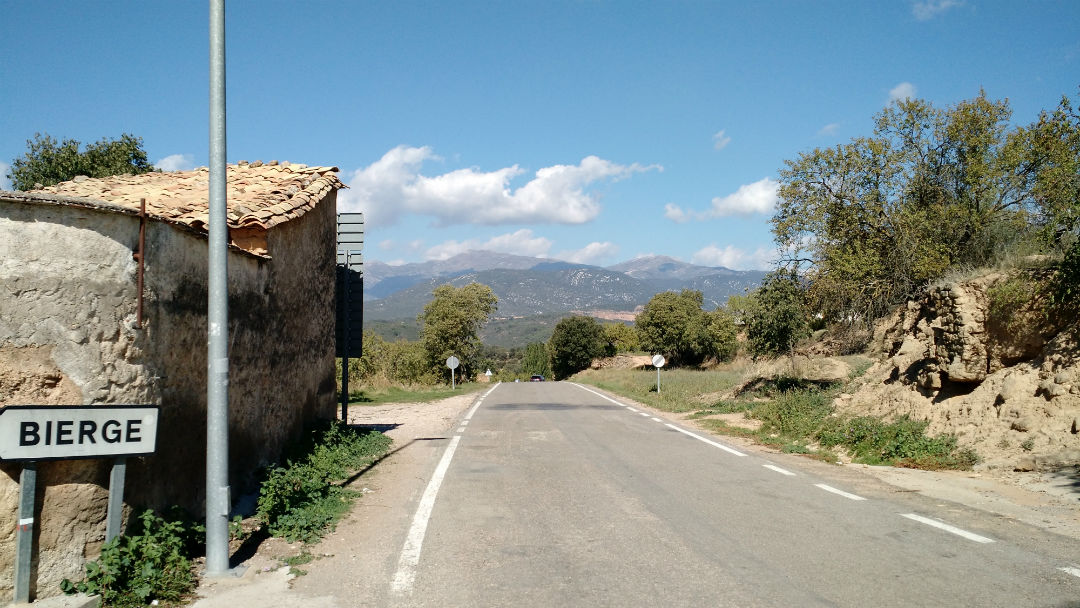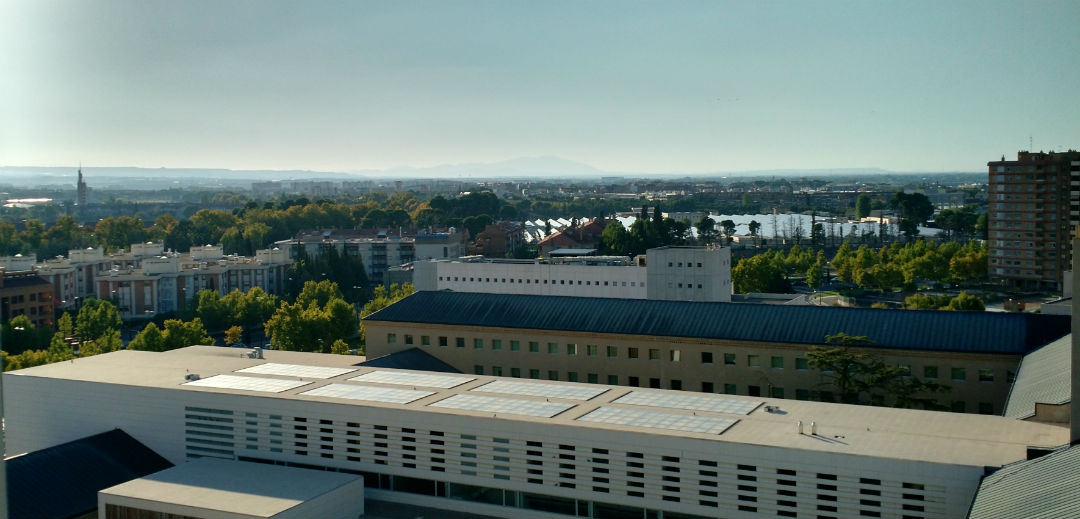
Charlemagne (dude on the left) said that. I’ve heard before that learning a second language not only gives you a whole different and new way of thinking but, most importantly, it gives you an insight into the culture of the people who speak it that you would never have otherwise gotten. This is why I say, in my About page, how important learning a second language is to me with regards to travel and learning about other people and other cultures.
A Wall Street Journal article back in 2010, Lost in Translation, went into detail about this and came to the same conclusion many others have already come to: which language you speak significantly and uniquely shapes your perception of the world and everything around you. Now, given this, just how important do you think it is to be able to speak a people’s language if you want to be able to understand them and communicate with them?
You can go to a country, live there for decades, not learn the language, and never really get to where you understand the people, the culture, and what’s going on around you. Someone who’s fluent in the language and eager to interact with the locals may very well gain a deeper understanding of them in a month than the first guy would in 10 years of living there. I’ve heard countless stories of English-speaking expats in places like Thailand and, more recently, Hong Kong, who never learn the language and, worse, only hang out with other expats. They have their own little English-speaking equivalent of what Chinatown was in the early 20th century in the United States: they don’t speak more than a few words of the local language, they rarely interact with the locals (especially if said locals don’t speak English), and they just don’t care enough to learn the local language (they all say they want to learn it, but they just don’t care enough to actually do it, and so they never do). That’s terrible. Here’s why…
I wouldn’t expect someone who’s just going to visit a country for a few days or a couple of weeks to bother getting fluent before going, I understand that. I’m primarily talking about if you’re going to be there for a few months or more. However, even if you’re only visiting for a short time you still have an obligation to learn some basic phrases and words that, frankly, you could just memorize on the plane ride over, so there’s no excuse whatsoever for not knowing how to say these things, no matter how short the duration of your stay. You should know how to, at a minimum, say “Please, thank you, excuse me, help, etc.” and…most importantly: “Do you speak English?”. No one minds if you ask them if they speak English because you’re a tourist visiting their country for a few days and you don’t speak the local language, everyone finds it rude when you ask them this in English. It takes all of about 10-20 minutes to learn a few basic words and phrases such as the preceeding examples, and the bare minimum that you need (“Excuse me, do you speak English?”) can be learned in 30 seconds, so there’s just no excuse for not speaking someone’s native language to them when you first approach them in their own country.
If you’re a beginner and don’t know where to get started, a solid but affordable basic course I recommend occasionally is Rocket Spanish – it’s a good combination of listening comprehension, speaking practice, with a bit of reading/writing thrown in and very little grammar. It’s an excellent way to get started and my review of it contains a lot more information if you’re interested, including screenshots of the interface and an audio recording of the first lesson.
I hope that inspires, helps, or motivates someone. Please feel free to leave a comment, and don’t neglect the additional (related) resources and further reading I have below.
Cheers,
Andrew
Additional Resources and Further Reading
More Language-Learning Quotes!
- 57 motivational quotes for language-learnings on Pintrest (so each is in the form of a picture). I really like the one from Amy Chua: “Do you know what a foreign accent is? It’s a sign of bravery.”
- 17 language quotes to turbocharge your learning
- The 5 Best Inspirational Language Quotes (these are really good)
- 42 Awesome Inspirational Quotes for Language Learners
- Quotes tagged as “Language Learning” on GoodReads (59 results as of this writing)
Related Posts
…






